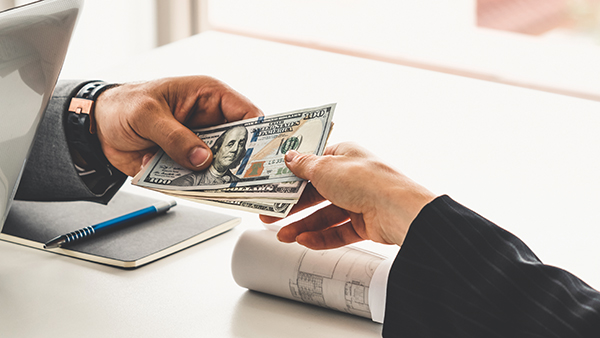What are The Fix and Flip Loans?
A fix and flip loan is a mortgage loan that investors take out to purchase, renovate, and resell residential properties. The loans are typically large to profit significantly on them. Typically though, the properties also have accrued significant debt due to renovation costs by the time they are sold. This can be a good option for investors as it is often possible to borrow from these lenders and conventional lenders or investors who top up your loan through an equity investment in your project.
How do Fix and Flip loans Work?
The fix and the flip loan take a different shape to a conventional mortgage loan. The interest rate on a loan generally is fixed. This means the lender agrees to lend a specified amount of money at an agreed interest rate over a certain period. It is usual for the borrower to pay both the interest and some or all of the capital back at set times within the period known as ‘payments.’ In this way, you can be sure of the plan for how you are going to pay the loan back. The interest rates on these loans are often lower than ‘conventional’ fixed-rate mortgages because of their short term.
Ways to Qualify For Fix and Flip Loans
There are three main loan criteria required:
- The property has to need repair.
- The property must be suitable as a primary residence or second home.
- The Property must have been purchased at least six months before application.
Other financial conditions need to be met:
1. Gross Monthly Income
- i) Total gross monthly income must exceed 40 times monthly mortgage payment. Your total annual income should exceed this level times two if you are self-employed.
- ii) If you’re applying for a loan for an unsecured purpose, total gross income should exceed 40 times monthly repayment.
2. Debt to Income Ratio
- i) The Debt to income ratio should be less than 10%.
- ii) If self-employed, DTI should be less than 15%.
3. Employed or Qualifying Income
Loan providers may require you to be employed or have a qualifying income. If you are self-employed, you will be required to provide evidence of your annual income.
What Happens When a Fix and Flip Loan is Not Paid?
Fix and flip loans are not the same as a business mortgage. Unlike a business mortgage, once a borrower takes out their fix and flip loans, they are in debt. Fix, and flip loans are therefore secured against a property. It is important to remember that the property takes the hit when a loan is not paid: not you. If you fall behind with your payments, your lender will take steps to recover their money by selling your property.


